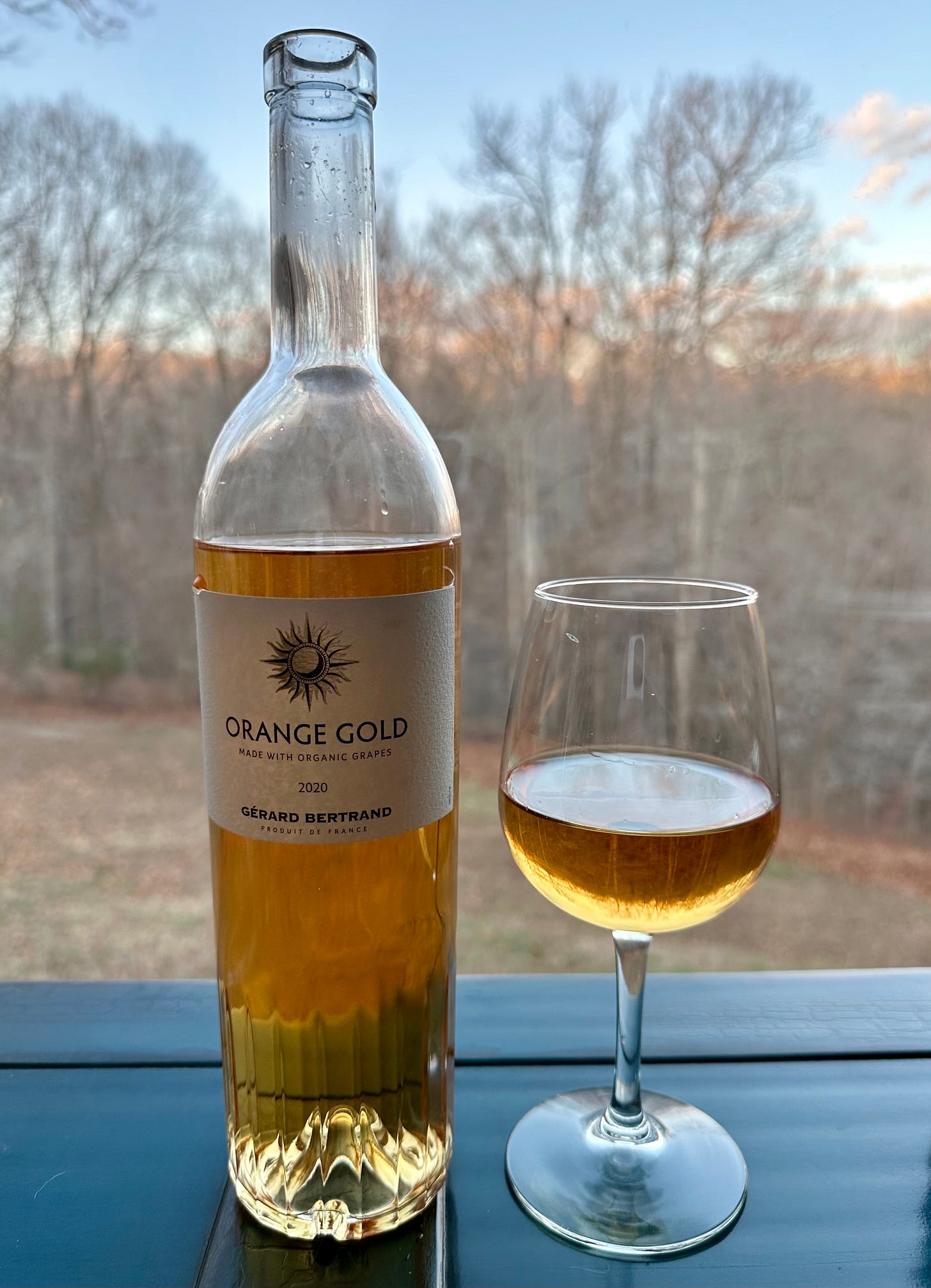Lessons in Chemistry
Don't judge a book by its cover, but maybe judge a wine by its color
Lessons in Chemistry by Bonnie Garmus
Doubleday Books
April 2022
I avoided this book when I first saw it because of the cover design. It evokes a “chick lit” style and I am not a fan! But Lessons in Chemistry, the debut novel by Bonnie Garmus, received so many accolades (Barnes & Noble Book of the Year, GoodReads Choice Award, many, many more) that I downloaded a sample from Amazon. When I read the sample, I was hooked. Lessons in Chemistry is far from chick lit. In fact, before I go further, you need to know that it needs a couple of trigger warnings. There are two instances of sexual assault, plus suicide, homophobia, and atheism, so proceed at your own risk. Despite those warnings, the novel is also pretty damned funny.
Lessons in Chemistry is a book honoring all the women through the years who have refused to dumb themselves down, even when society tried to force it. The novel follows the story of Elizabeth Zott, who is a woman ahead of her time. She is a brilliant chemist in the 1950s who also has the “misfortune” of being beautiful. Women struggled to attain higher education then, and were treated as lab assistants instead of scientific equals. Elizabeth was always adamant that she was a scientist, and assertively tried to overcome the limits of being a woman in what was a man’s profession.
Elizabeth Zott held grudges too. Except her grudges were mainly reserved for a patriarchal society founded on the idea that women were less. Less capable. Less intelligent. Less inventive. A society that believed men went to work and did important things—discovered planets, developed products, created laws—and women stayed at home and raised children. She didn’t want children—she knew this about herself—but she also knew that plenty of other women did want children and a career. And what was wrong with that? Nothing. It was exactly what men got.
As the story progresses, Elizabeth does have a child, Mad (Madeleine). Due to an unfortunate accident, Elizabeth becomes a single mother and Mad is very precocious. When she is pregnant, because she is pregnant, Elizabeth is fired from her job at a laboratory, and ends up taking a job hosting an afternoon cooking show on a local station. She never approaches the show as cooking though; the show is about educating women on cooking and chemistry, empowering women with knowledge.
The story doesn’t focus on the cooking show as much as the cover blurb might lead you to believe. Instead, it centers on Elizabeth’s life and the characters that color it and support her. This includes her rowing partner and obstetrician, Dr Mason, her neighbor/fairy godmother-type Harriet, Walter, her producer, her frenemy Fran Frask, and my favorite character, Six-Thirty, who is her dog. The story alternates viewpoints, so we experience the world from everyone else’s perspective, including Six-Thirty’s, which I found highly entertaining.
The other day she’d suggested they make mud pies and Mad frowned, then wrote 3.1415 with a stick in the dirt. “Done,” she’d said.
I didn’t find the characterization of Mad, as a 4-year-old prodigy, overly realistic. She just seemed too mature. (Of course, I’ve never known a 4-year-old prodigy.) I was also a bit taken aback by Elizabeth’s constant pushback of everyone who wanted to help her; Elizabeth’s personality, in general, borders on rude. By the end, I was surprised by the cast of characters that encircled her. She doesn’t start out as an overly likable character, but Lessons in Chemistry is a story of growth and change, as well as struggles in a time when a woman wasn’t valued for her intelligence.
I found this novel so entertaining. As with many lives, Elizabeth’s was full of tragedy without being tragic, sadness without being sad, but was also full of countless joyful moments. At times, the story moved so fast the words seemed to tumble over each other in their rush to jump off the page.
So don’t judge a book by its cover. Pick up Lessons in Chemistry, learn a little and laugh a lot.
My review:
I tried something new today with the wine selection - I opted for a “natural wine.” At its simplest, a natural wine is one with no additives in the process whatsoever, from planting through bottling. This can lead to potentially excellent wines or wines that taste, well, mousy. Yeah. Natural wine is very trendy at the moment. I like the idea, but I haven’t yet had a natural wine that lives up to the ideals of which I’ve read.
Gerard Bertrand 2020 Orange Gold
25% Chardonnay, 15% Muscat, 15% Viognier, 15% Grenache Blanc, 15% Chenin Blanc, 15% Rousanne
France
~$25, 13% AbV
My notes start with “weird,” which describes how I feel about it. It is orange, which isn’t uncommon in natural wines. In fact, orange wine is made in a similar process to red wine, by leaving the skins and seeds with the grape longer. This can result in colors ranging from straw through amber to orange. In theory, this skin contact will provide more body and tannin, while still maintaining the acidity you find in white wines. However,despite the skin contact and the six different grape varietals, the whole thing just tasted flat to me. It was oddly out of balance and to be honest, it brought a crinkle to my nose. I admit to dumping out half the bottle.
My review:
I will keep exploring natural wines, but my luck has not been great. Have you tried a natural wine? Have one to recommend? I’d love to try it!
Wishing everyone a fantastic week ahead!
Cheers,
Michelle
xoxo
Remember, sharing is caring!






So funny! My book club was talking yesterday about how this book's cover doesn't match it.
Love it. Going to have to read this one.